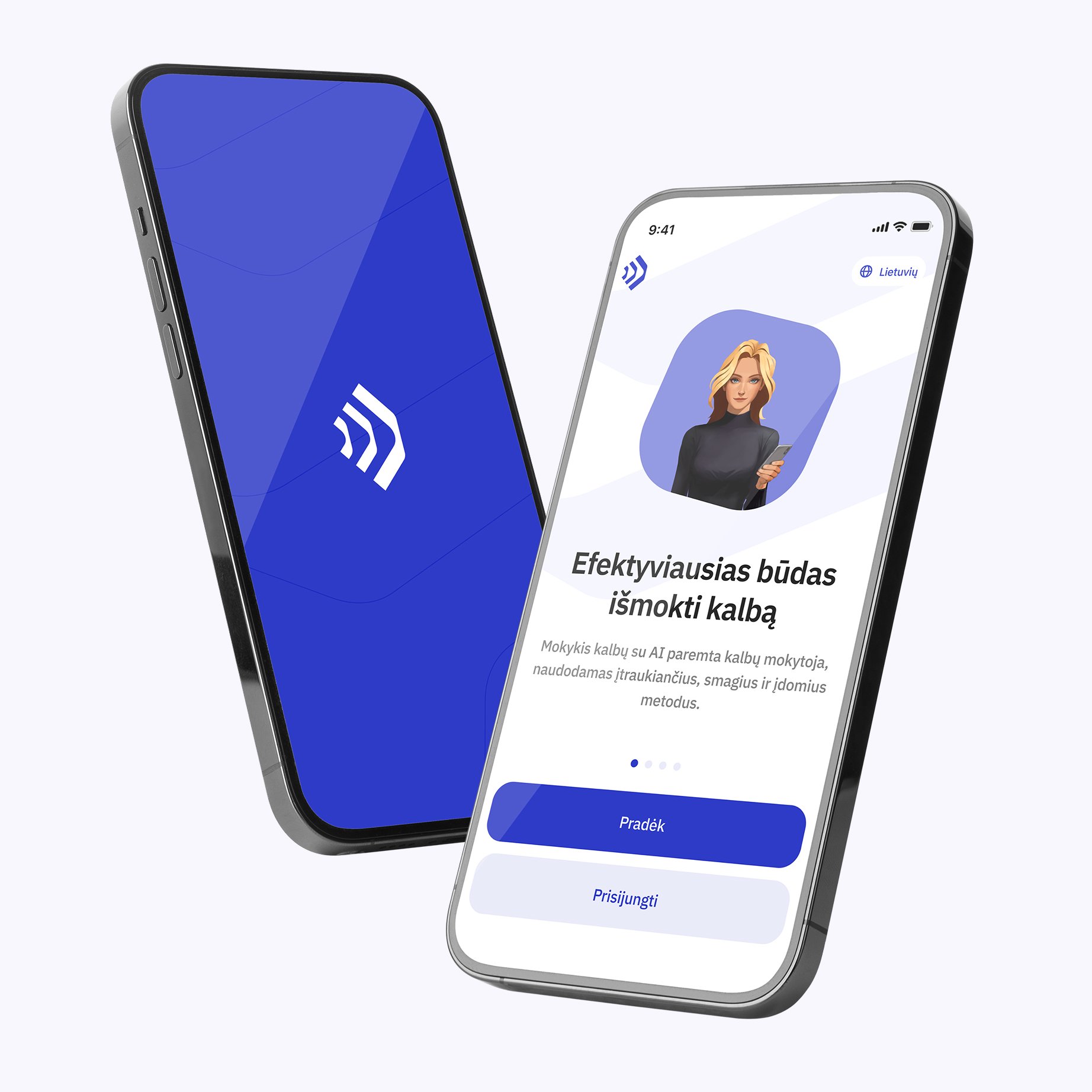Prieveiksmių vartojimas vietoje ir laike
2. They arrived *early* to the meeting (kada jie atvyko).
3. I will call you *tomorrow* (kada skambinsiu).
4. He speaks English *fluently* (kaip jis kalba).
5. We stayed *outside* because it was warm (kur mes buvome).
6. The children played *happily* in the park (kaip jie žaidė).
7. She always works *hard* to succeed (kaip ji dirba).
8. The cat is hiding *under* the table (kur katė slepiasi).
9. I have seen that movie *already* (kada aš mačiau).
10. They left the party *late* last night (kada jie išėjo).
Prieveiksmių vartojimas dažnumo ir būdo apibūdinimui
2. She sings *beautifully* on stage (kaip ji dainuoja).
3. We *never* eat fast food (kaip dažnai mes valgome greitą maistą).
4. The dog barked *loudly* at the stranger (kaip garsiai jis lojė).
5. I *usually* drink coffee in the morning (kaip dažnai aš geriu kavą).
6. They *carefully* crossed the street (kaip jie kirtosi gatvę).
7. You *rarely* see snow here (kaip dažnai matyti sniegą).
8. She completed the test *quickly* (kaip greitai ji baigė testą).
9. We *sometimes* watch movies on weekends (kaip dažnai mes žiūrime filmus).
10. The baby sleeps *peacefully* at night (kaip kūdikis miega).










